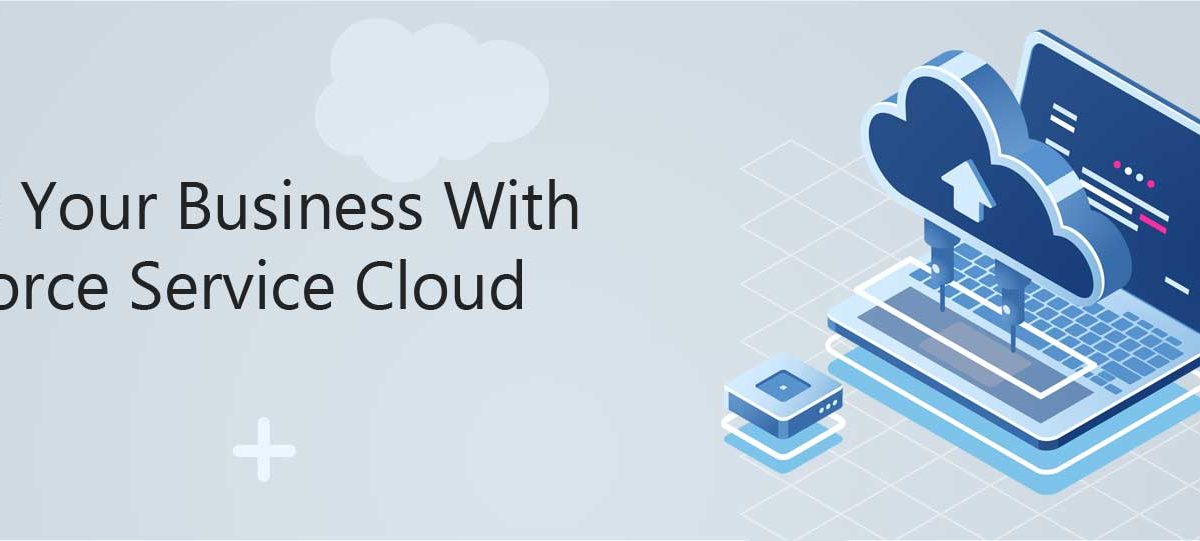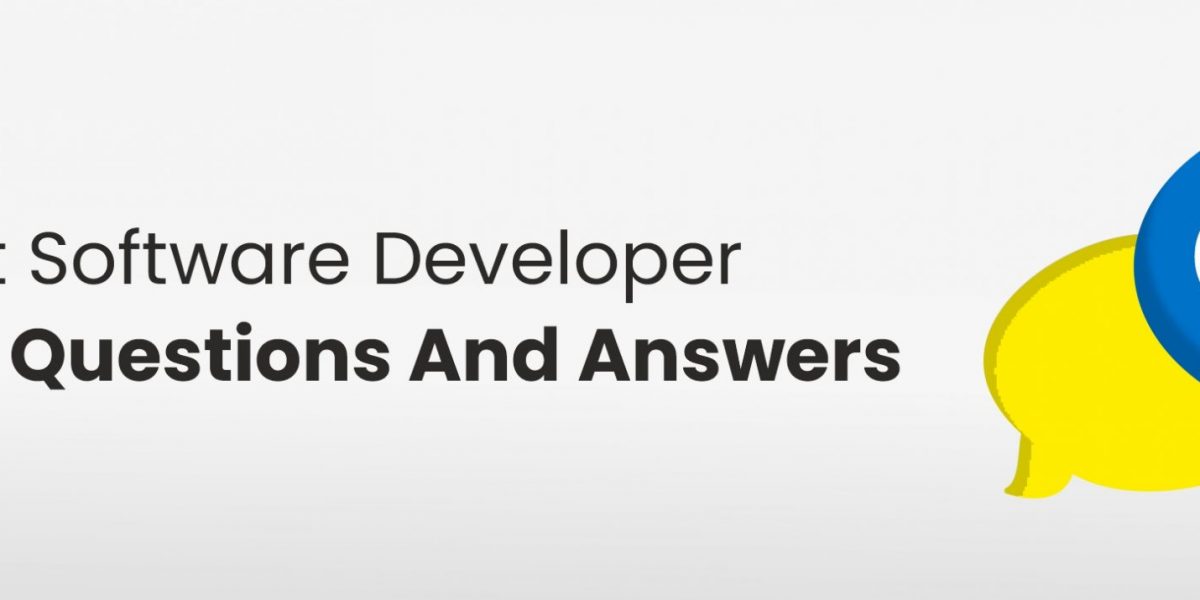The need for CRM has increased significantly with time as more and more organizations are moving to digitized and automated platforms. CRM platforms help users in managing their customers’ records to provide personalized services to the clients. Today, businesses operating in all major industries require CRM solutions to leverage their productivity and efficiency. When it comes to choosing the right CRM platform for your organization, Zoho vs Salesforce is a common dilemma faced by organizations.
Both Zoho and Salesforce are two of the most trusted CRM platforms around the world, allowing organizations to records, store, and analyze their data on centralized platforms. The decision of selecting an ideal platform is important in the age of digitization as it dictates the overall productivity of organizations.
Before getting into the nitty-gritty details of Zoho vs Salesforce, let us understand the basics of both the CRM platforms.
Overview Of Zoho CRM
Zoho CRM is a noted online sales CRM that helps users manage their marketing and sales processes with ease and efficiency. The on-demand SaaS platform provides a range of different tools to businesses for managing their contacts, handling sales processes, creating marketing campaigns, and providing customer support.
Zoho CRM was launched in 2005 and now provides users with more than 45 different applications and third-party integrations. The applications offered by the CRM platform largely cover general business processes. Zoho CRM also includes a web-based and offline productivity suite that provides businesses with a robust alternative to solutions like Microsoft Office.
Overview Of Salesforce CRM
Salesforce CRM is a cloud-based CRM platform that has maintained its reputation in the market for more than two decades. It provides users with a plethora of automated tools and features that allow them to manage their databases in a customized way. Launched in 1999, the CRM platform has kept itself updated over the years, providing users with technologies and tools that are always in sync with the ongoing trends in the industry.
The offerings of Salesforce are divided into different products known as “Clouds”. Based on the features and tools provided, the major Salesforce Clouds include Sales Cloud, Service Cloud, Marketing Cloud, Commerce Cloud, Community Cloud, Financial Services Cloud, and more.
Zoho Vs Salesforce: A Comparison Of Features
Now that we are well-versed with the essence of both CRM platforms, we can get into the details of Zoho vs Salesforce. The best way of selecting an ideal alternative between the two is to compare the features offered by Zoho and Salesforce.
Here are some of the most important parameters that can be used for comparing Zoho CRM and Salesforce:
Ease Of Operation
Now that CRM platforms are getting popular with organizations operating in multiple industries, several non-technical users have been working on the platforms as well. This makes it important for the CRM platforms to provide inherent ease of operation to the users to increase their accessibility.
Both Salesforce and Zoho provide users with options to customize the CRM platforms based on their specific needs and preferences. They allow businesses to choose the tools and features they want to include in the platforms based on the users working on the same. These tools include the tools used for filtering relevant information in large contact lists and automated sales pipelines.
While both Salesforce and Zoho provide tools and features that are easy for non-technical users, Salesforce can get a little more complicated for users having little to no knowledge about CRM. Businesses working on Salesforce often need dedicated administrators and implementation partners to help them navigate through the CRM platform and optimize it.
When it comes to ease of operation, Zoho is a slightly more preferable CRM platform as compared to Salesforce.
Workflow Automation
Especially in the case of small and medium businesses, workflow automation plays an important role in implementing a CRM platform. Choosing the right CRM solution helps you reduce the time and effort put in by your employees performing multiple tasks on a daily basis.
Both Salesforce and Zoho provide users with data-driven insights and visualization through automated tools. They also allow users to automate lead management via rule-based scoring.
While the quality and range of workflow automation are better in the case of Salesforce, Zoho is an ideal option if you have a limited budget. With Zoho, you can automate business processes involving leads, accounts, contacts, deals, and other relevant tasks with its basic plan that is free. With Salesforce, you would have to pay a price starting from $75/user/month (Professional edition) for workflow automation. While the price here is higher, Salesforce is a more versatile alternative if you are willing to automate your workflow.
Data-driven Reporting And Analytics
Both Salesforce and Zoho allow users to scan their records and obtain smart analytics with a few simple clicks. The standard version of Zoho provides users with up to 100 customized reports and up to 10 custom fields for every module. It also offers a build-in AI tool to its users that allows them to obtain valuable insights from their records.
Although fairly more expensive than Zoho CRM, Professional edition onwards, Salesforce provides its users with advanced reporting features that include smart sales forecasting and rule-based scoring of leads. Along with a seamless mobile application, Salesforce helps users create, access, and manage customizable reports on the go. The CRM platform also allows users to create robust reports without taking help from the IT department.
So, if you are not willing to spend much and can work with basic reporting and analytics features, you can go ahead with implementing Zoho CRM within your organization. On the other hand, if you can spend more for availing yourself of advanced and more flexible tools, you should always prefer Salesforce CRM.
Integration And Collaboration
With the trends of working remotely and setting up hybrid workplaces emerging across the world, the need for seamless collaboration across different teams/departments has increased significantly. Businesses always look for CRM platforms that eliminate information silos and help users collaborate with their peers through a centralized platform.
Both Salesforce and Zoho provide users with APIs for integration with third-party applications. They also readily integrate with file-sharing and collaborative platforms like Slack, Google Drive, Dropbox, and more.
However, the integration features provided by Salesforce are slightly better as compared to the ones offered by Zoho. There is hardly any application or service that cannot be integrated with the CRM platform to make work easier for your team members. Also, platforms like Marketing Cloud and Sales Cloud allow your sales and marketing reps to collaborate on a single unified interface and make data-driven decisions in real-time.
This makes Salesforce a better choice if you are looking for seamless collaboration and integration.
Platform Scalability
When you choose a CRM platform, always take into consideration the overall scalability of the platform. As your business grows, your CRM platform should be able to expand based on your specific requirements and help your team accommodate more records, tools, and features.
Salesforce clearly dominates this category owing to its global standards when it comes to platform scalability. While Zoho allows businesses to scale their CRM platform at affordable rates, Salesforce provides services with better quality. With Salesforce, you can scale your business up or down based on your needs and preferences. This allows you to tailor the CRM platform in a hassle-free manner.
Pricing
When it comes to pricing, Zoho offers its CRM services to users at a much lesser price as compared to Salesforce. While Zoho provides a free edition to its users, the basic edition of Salesforce is priced at $25/user/month (billed annually). As compared to the final edition of Salesforce, the final edition of Zoho CRM is 90% cheaper. Moreover, Zoho provides users with easy monthly plans that are ideal for smaller businesses.
If you are not willing to spend a lot on implementing a CRM solution, you should go ahead with Zoho CRM. On the other hand, if your budget allows you to spend on CRM implementation, you can choose Salesforce for managing your customer database.
Use Of Artificial Intelligence
While Zoho provides users with AI services through Zia, Salesforce has Einstein as its AI component. Zia AI can be used as a chatbot to provide personalized data to users as and when they require it. The AI component also provides users with valuable insights based on the data stored within the platform.
On the other hand, Salesforce Einstein allows users to undertake efficient sales forecasts, predict customer behavior, and examine the likelihood of leads getting converted into loyal customers.
However, while Zoho provides AI functionality to users in its Standard edition, Salesforce users can use Einstein only after subscribing to more advanced versions of the CRM platform.
Zoho Vs Salesforce: The Final Word
Looking at all the parameters discussed above, it can be concluded that Salesforce is an ideal CRM platform to implement if you are looking for high-quality features and are willing to pay more for the same. On the other hand, if you are working on a tighter budget and can do with standard CRM features, you can always go ahead with Zoho CRM.

 +1 561 220 0044
+1 561 220 0044 +61 255 646464
+61 255 646464 +91 909 080
3080
+91 909 080
3080


